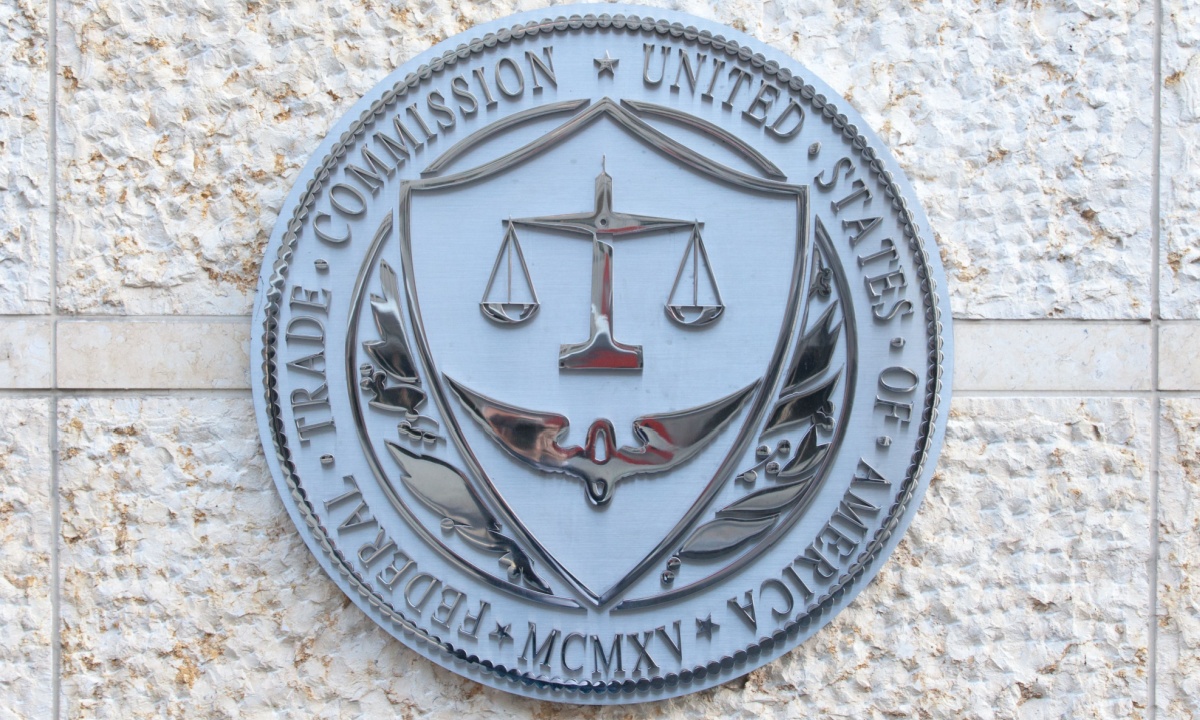
The Federal Trade Commission (FTC) is stepping back from an agreement between federal agencies designed to collaborate on labor-related issues during the review of mergers and acquisitions, according to a Bloomberg report.
The FTC announced late on Friday that it would be withdrawing from the memorandum of understanding (MOU) it entered into in August alongside the National Labor Relations Board (NLRB), the Department of Labor (DOL), and the Department of Justice’s (DOJ) antitrust division. This agreement, which aimed to foster closer collaboration, allowed the agencies to share information with one another and engage with external stakeholders to better assess the labor implications of mergers. The FTC did not provide a specific reason for its decision to exit the pact.
However, in its statement, the commission emphasized that it will “continue to closely scrutinize all issues related to mergers, including potential impacts on labor, in accordance with its merger guidelines.” Despite the withdrawal, the FTC is expected to continue its strong stance on scrutinizing the effects of mergers on labor markets, a focus it has embraced under Chair Lina Khan.
Read more: FTC Fights Back Against Florida Court Ruling on Noncompete Regulation
Khan’s tenure has been marked by a push to expand the scope of antitrust regulation to consider broader factors beyond traditional concerns like price and efficiency, including labor market impacts. In recent years, the FTC has challenged several high-profile mergers, citing potential harms to workers in addition to consumers.
The MOU, originally signed on August 28, outlined plans for biannual meetings between the agencies to coordinate efforts on labor issues, including joint training sessions on the intersections between labor and antitrust law. Despite the FTC’s withdrawal, it remains unclear how the remaining agencies—NLRB, DOL, and DOJ—will continue their collaborative efforts moving forward.
Source: Bloomberg
Featured News
Big Tech Braces for Potential Changes Under a Second Trump Presidency
Nov 6, 2024 by
CPI
Trump’s Potential Shift in US Antitrust Policy Raises Questions for Big Tech and Mergers
Nov 6, 2024 by
CPI
EU Set to Fine Apple in First Major Enforcement of Digital Markets Act
Nov 5, 2024 by
CPI
Six Indicted in Federal Bid-Rigging Schemes Involving Government IT Contracts
Nov 5, 2024 by
CPI
Ireland Secures First €3 Billion Apple Tax Payment, Boosting Exchequer Funds
Nov 5, 2024 by
CPI
Antitrust Mix by CPI
Antitrust Chronicle® – Remedies Revisited
Oct 30, 2024 by
CPI
Fixing the Fix: Updating Policy on Merger Remedies
Oct 30, 2024 by
CPI
Methodology Matters: The 2017 FTC Remedies Study
Oct 30, 2024 by
CPI
U.S. v. AT&T: Five Lessons for Vertical Merger Enforcement
Oct 30, 2024 by
CPI
The Search for Antitrust Remedies in Tech Leads Beyond Antitrust
Oct 30, 2024 by
CPI